What do you think?
Rate this book


406 pages, Hardcover
First published April 1, 2015

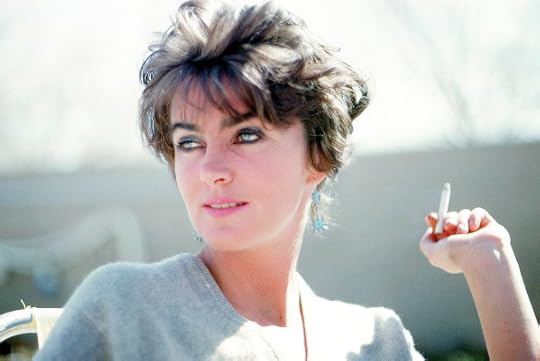
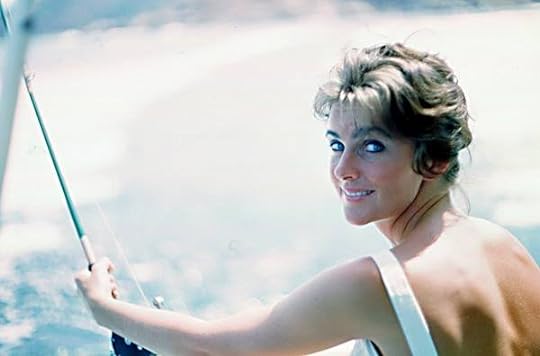
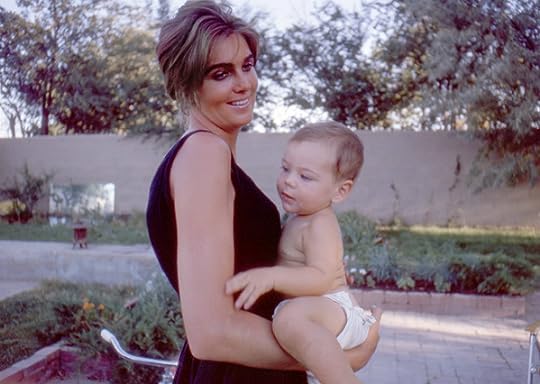
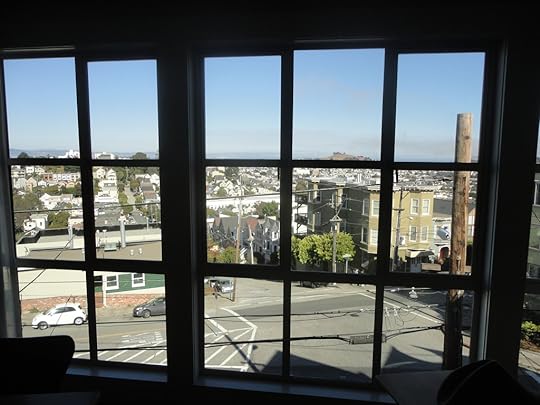

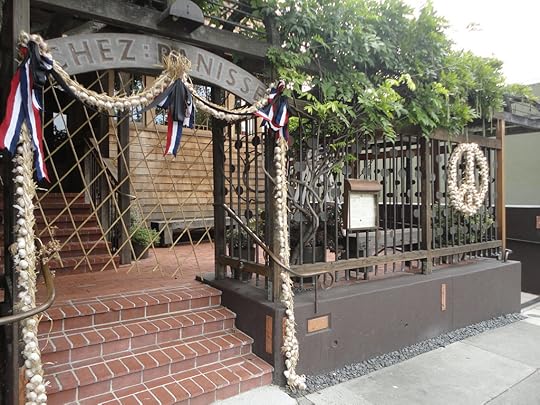



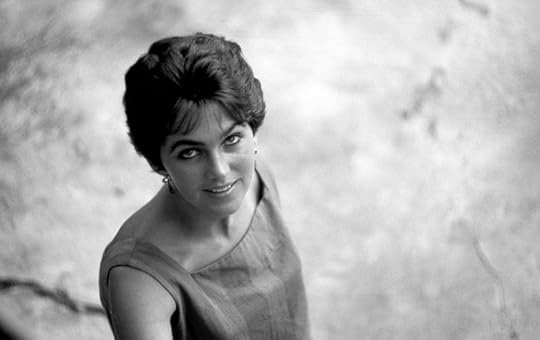
Sighs, the rhythms of our heartbeats, contractions of childbirth, orgasms, all flow into time just as the pendulum clocks placed next to one another son beat in unison. Fireflies in a tree flash on and off as one .The sun comes up and it foes down. The moon waxes and wanes and usually the morning paper hits the porch at six thirty-five.
Time stops when someone dies.
"After a long time the cranes did come. Hundreds, just as the sky turned blue-gray. They had landed in slow motion on brittle legs. Washing, preening on the bank. Everything was suddenly black and white and gray, a movie after the credits, churning.
As the cranes drank upstream the silver water beneath them was shot into dozens of thin streamers. Then very quickly the birds left, in whiteness, with the sound of shuffling cards."
"Women’s voices always rise two octaves when they talk to cleaning women or cats."
"The only reason I have lived so long is that I let go of my past. Shut the door on grief on regret on remorse. If I let them in, just one self-indulgent crack, whap, the door will fling open gales of pain ripping through my heart blinding my eyes with shame breaking cups and bottles knocking down jars shattering windows stumbling bloody on spilled sugar and broken glass terrified gagging until with a final shudder and sob I shut the heavy door. Pick up the pieces one more time."

